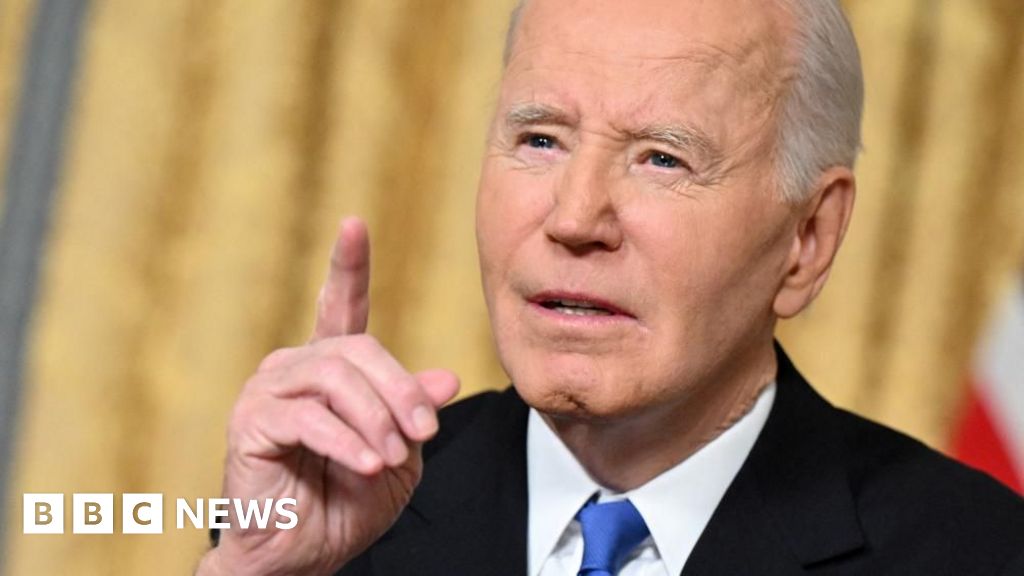ARTICLE AD BOX
Image source, Courtesy Michel Grenier
Image caption, Comedian Mike WardA Canadian comedian fighting a free speech case has been handed a victory in Canada's top court.
In a 5-4 split decision, the Supreme Court ruled that jokes told about a young disabled singer did not amount to discrimination.
It marks the end of a nearly decade-long legal battle over a segment in a stand-up comedy special.
The case, which tested the limits of free speech in Canada, has received widespread attention.
It began in 2010, when Mike Ward, a popular comedian from Quebec known for his edgy comedy, started telling jokes about child singer Jeremy Gabriel.
The stand-up act at the centre of the case dealt with issues of race and religion, as well as what Mr Ward has called the "sacred cows" of the province's celebrity industry, people who in his view were for various reasons - too rich, too powerful - seen as out-of-bounds for mockery.
In the segment in question, Mr Ward made jokes about Mr Gabriel, who as a boy had become a minor celebrity province and was known in the press as "Petit Jeremy". Mr Gabriel has Treacher Collins Syndrome, a genetic disorder that can affect facial bone structure and, in his case, caused severe deafness.
The jokes referenced Mr Gabriel's disability and mocked his appearance.
The family filed a human rights complaint before the Quebec Human Rights Tribunal - a specialised court that handles cases related to discrimination or harassment under the provincial rights charter - and the comedian lost.
Mr Ward appealed, and in a 2019 split decision, the Court of Appeal mostly upheld the tribunal's ruling, as well as C$35,000 ($27,500; £20,000) awarded in moral and punitive damages.
He appealed to the Supreme Court, arguing that it was a free speech issue and saying at the time that it "shouldn't be up to a judge to decide what constitutes a joke on stage".
On Friday, Canada's highest court ruled that the comedy routine did not breach the province's rights charter.
"The impugned comments exploited, rightly or wrongly, a feeling of discomfort in order to entertain, but they did little more than that," the majority decision said.
In the dissenting opinion, the justices argued that the jokes, made when Mr Gabriel was still a child, "were pejorative slurs based on his disability" and said the case was about rights of "vulnerable and marginalised" people "to be free from the public humiliation, cruelty, vilification and bullying that singles them out on the basis of their disability".

 3 years ago
43
3 years ago
43








 English (US) ·
English (US) ·